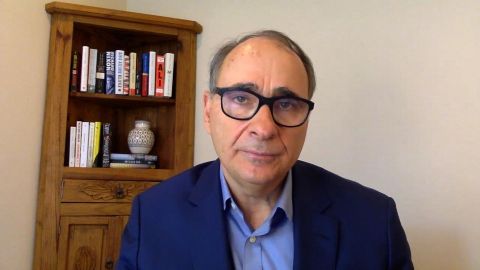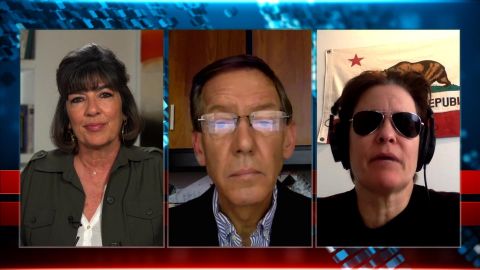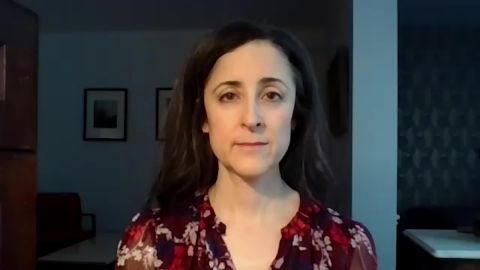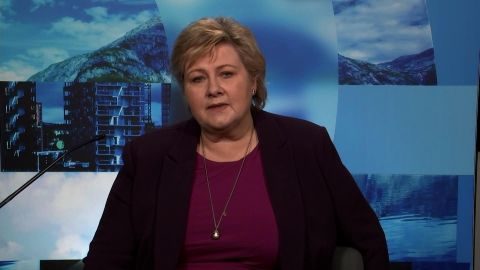Read Transcript EXPAND
CHRISTIANE AMANPOUR: So, David, I just want you to just sort of describe for me what you consider that tone to be. On the one hand, suspending the campaign, on the other hand, saying he’s going to try to keep accumulating delegates, as many as possible, to be able to leverage that for their positions at the convention. I mean, is that the kind of tone? Did he have to do that for his supporters?
DAVID AXELROD, FORMER SENIOR ADVISER TO PRESIDENT OBAMA: Yes, I think that’s —
AMANPOUR: What do you make of the last bit there? What —
AXELROD: Look, I think Bernie Sanders supporters are very, very passionate. They’re passionate for the causes he has articulated. Universal health care and a variety of other things that have been — the essence of his campaign and they are not enthusiastic or many of them aren’t about throwing in with Biden right now. And Sanders, I think, struck a halfway posture today by saying, we are ending our campaign, the fight continues. But at some point, if he, as he states, believes that’s an existential matter to defeat President Trump, then he’s going to have to come forward with a more affirmative embrace of Joe Biden and make an active case to his supporters that they should also join in. I commented on this today on Twitter and was bombarded by tweets, many of which I wouldn’t repeat here from his supporter who are unhappy at that suggestion. But the truth of the matter is, Bernie Sanders doesn’t want — he got some blame the last time, some deserved, some not for the result of the election. He does not want Donald Trump to win and have it be said that he did not do what he could to bring his supporters along, and I expect we’ll hear that. And you did hear, Christiane, was him referring to Biden as a decent man. Whatever amnesty existed between Hillary Clinton and Bernie Sanders in 2016 doesn’t seem to be here and that may make it easier for him to take the next step.
AMANPOUR: Well, it’s going to be important because we hear from President Trump’s side, obviously, that they are banking on a divided Democratic Party and that is going to be a big part of their — you know, their campaign strategy. And we have heard Biden already today reach out to Bernie Sanders and to his supporters. But I want to ask you something. Do you expect to see Joe Biden now as a de facto only nominee to come out and be more active even in this time, not politically add homonym but to make some policy use of this period when President Trump is being criticized a lot for the state and the nature of his briefings, how he’s handling the situation, the — you know, the misspeaks and all the rest of it from the podium?
AXELROD: Yes, there’s been a lot of frustration about the perceived passivity of Biden. I have some sympathy for him. It is not easy to break through in this news environment even if you’re the nominee. He doesn’t have an official role. He is not a member of the Congress. He is not a governor. He is not president. And so, it’s hard to intervene and get covered,
About This Episode EXPAND
Christiane speaks with David Axelrod about Bernie Sanders’ decision to drop out of the presidential race. She also speaks with Norwegian Prime Minister Erna Solberg about her statement that they have the virus “under control.” Journalists Kara Swisher and Carl Cameron talk fake news and Hari Sreenivasan speaks with Dr. Sheri Fink about the ethical questions doctors are facing.
LEARN MORE



